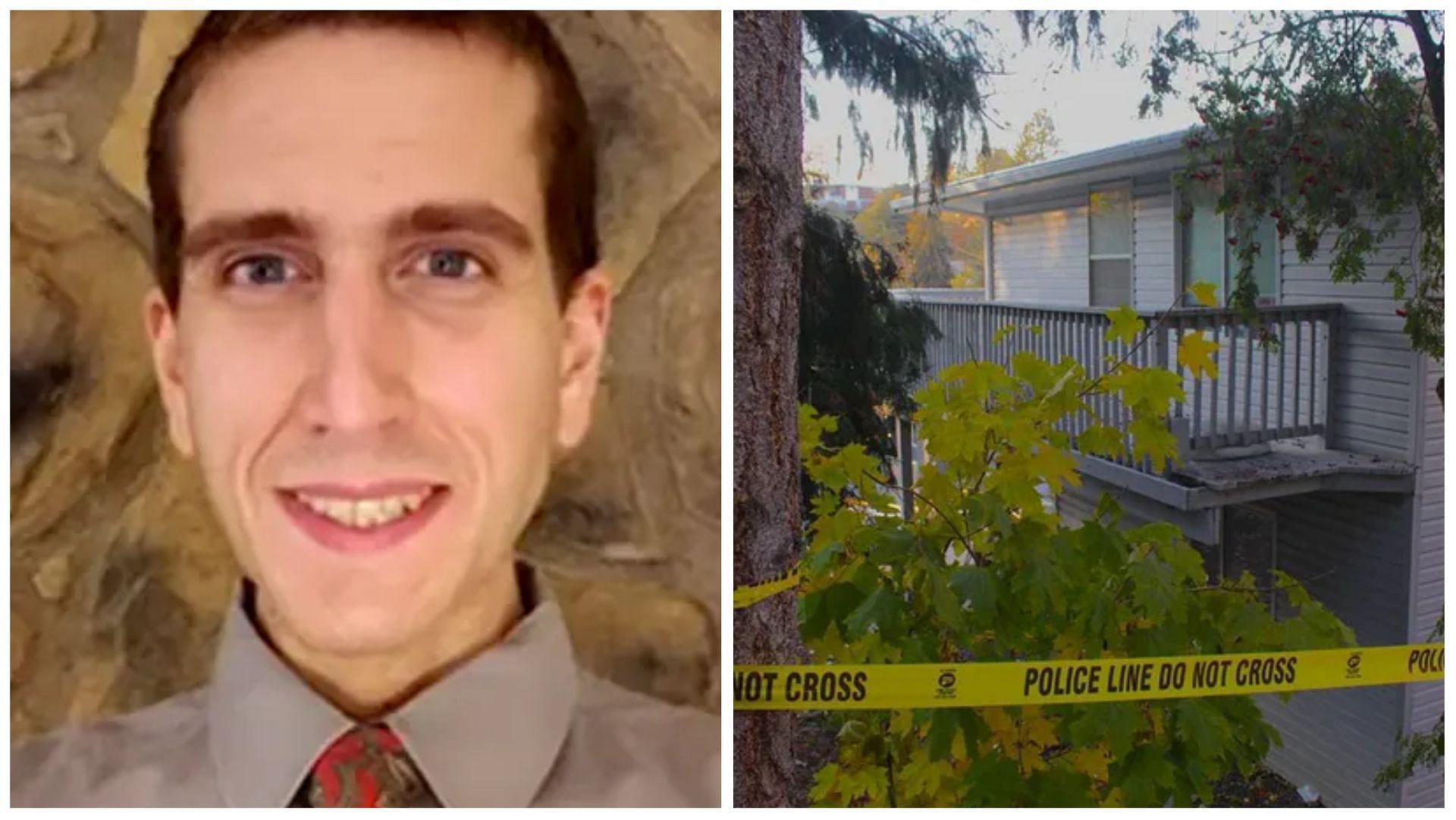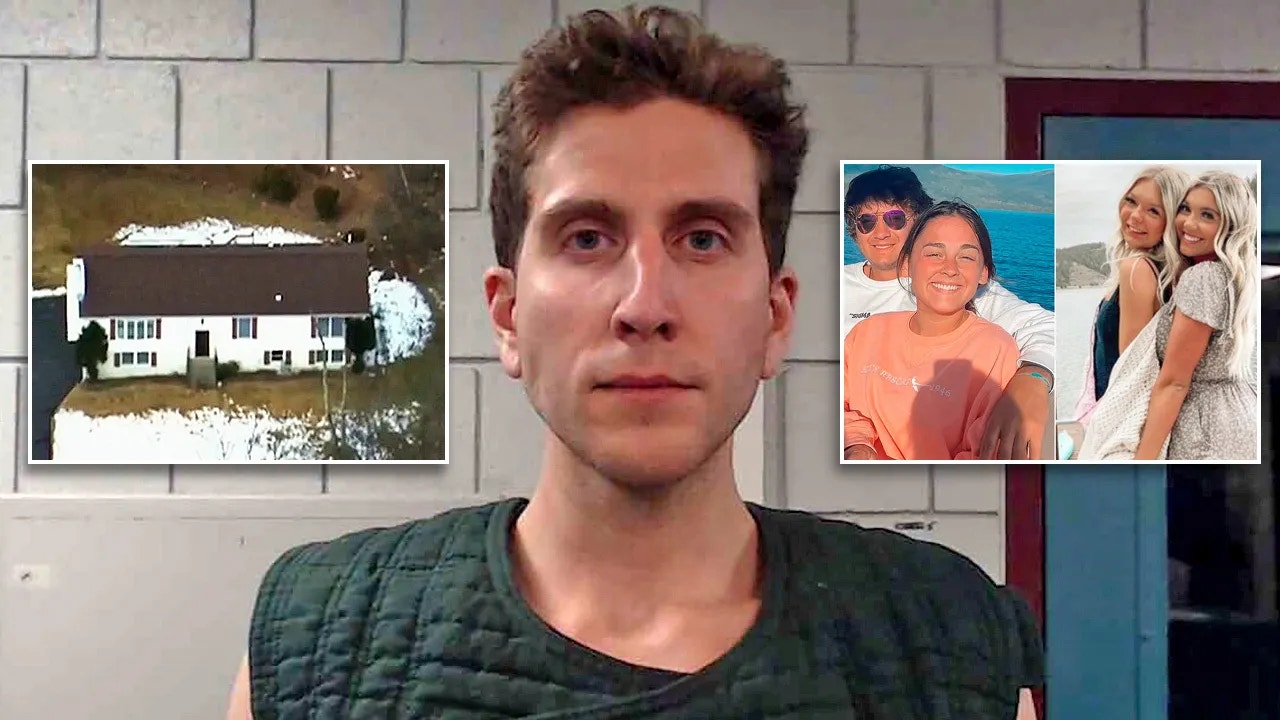10ofRods
Verified Anthropologist
- Joined
- Jun 27, 2019
- Messages
- 15,406
- Reaction score
- 192,272
<snipped for focus>Professor Katherine Ramsland, who has studied serial killers as much as anyone in the world, says she can't do it. In an interview with The New York Times, she disputed claims that people who knew the so-called BTK killer should have been able to recognize his evil:
"When I mentioned my thoughts to Ramsland, though, she disagreed that people who knew Rader could have connected the dots. Why would they? To the contrary, one reason Ramsland believes that Rader was able to keep his cover was that 'he grew up in a Germanic Midwestern family where there was not a lot of emotion. Like my family.'"
In her book about BTK - “Confession” - she posits "that some serial killers are more like the rest of us than common wisdom tells us. In the annals of serial killers, [BTK] is hardly the only one who held down a facade of normalcy while hunting his prey, but he managed it far longer than many others. There are many qualities, Ramsland writes, that ordinary people share with so-called monsters: 'overestimating our willpower, idealizing ourselves, daydreaming about power, indulging in secret behaviors that keep attracting us, deceiving others and keeping secrets.'"
Upon rereading this, it really struck me that the "veil of normalcy" is something I don't believe in, in any investigation I've worked. In fact, my very first mentors in LE all told me that it's that "normal" guy who needs to stay on the list for serial crimes, because they are consistently flying under the radar through their very normal actions. They bring a nice dish to the potluck. They arrive on time. They don't reveal too much. They smile a lot. They open doors for ladies, if they are men (which they usually are).
Indeed, so many LEO's have told me to suspect the "normal guy," as the sex crime offenders we were after almost always looked 'normal' to outsiders/even their families. By the time of BTK, surely this was known to criminologists?
Not sure how I feel about Ramsland's inventory of "normalcy," either. I know I have very little willpower and precisely which areas where I lack it - and I think I've known that for a long time and my parents knew their willpower limits as well. I don't overestimate mine, which is why I avoid certain situations, etc. I don't daydream about power - but it's possible I once did in some form as a young adult. At the same time, I was spending my free time writing to prisoners in prison as a co-ed penpal (!) which was not inspired by a quest for power. I was volunteering at a school for special needs kids and doing fieldwork at a high school that was traditionally all-black and impoverished. I don't think I was doing much daydreaming about power in those activities. I get the feeling that many WSers are in the same boat. I was idealistic.
Secret behaviors. Hmm. I am addicted to the internet (but can go without for weeks or months at a time - I definitely will miss it and must have books to take its place; this is lifelong). I learned in my own dissertation work that for some women (and almost never men), reading is indeed a secret behavior. It's not for me, any more, but I did have to hide it at certain points.
IOW, I find Ramsland's analytic categories very pop culture and not specific enough to meet any theoretical needs. In the end, I trust people more intuitive than I am to help me in sussing out the fakers among us. I don't even think BK was a faker - he was open and honest about his situation as early as age 14. Maybe he concealed his issues scrupulously in public - but the videos coming out from his friends/acquaintances say otherwise. So do his fellow students at WSU (at least some of them; some are probably scared to speak out). Not that his weird behaviors denoted mass murderer.
That's what I want to figure out, if possible. Can we find avenues for helping people who might be having homicidal fantasies? How do we do that? We have plenty of ways of giving them fuel, these days, but how do we limit them instead? Way too many murders in America to give up pondering such a question.


